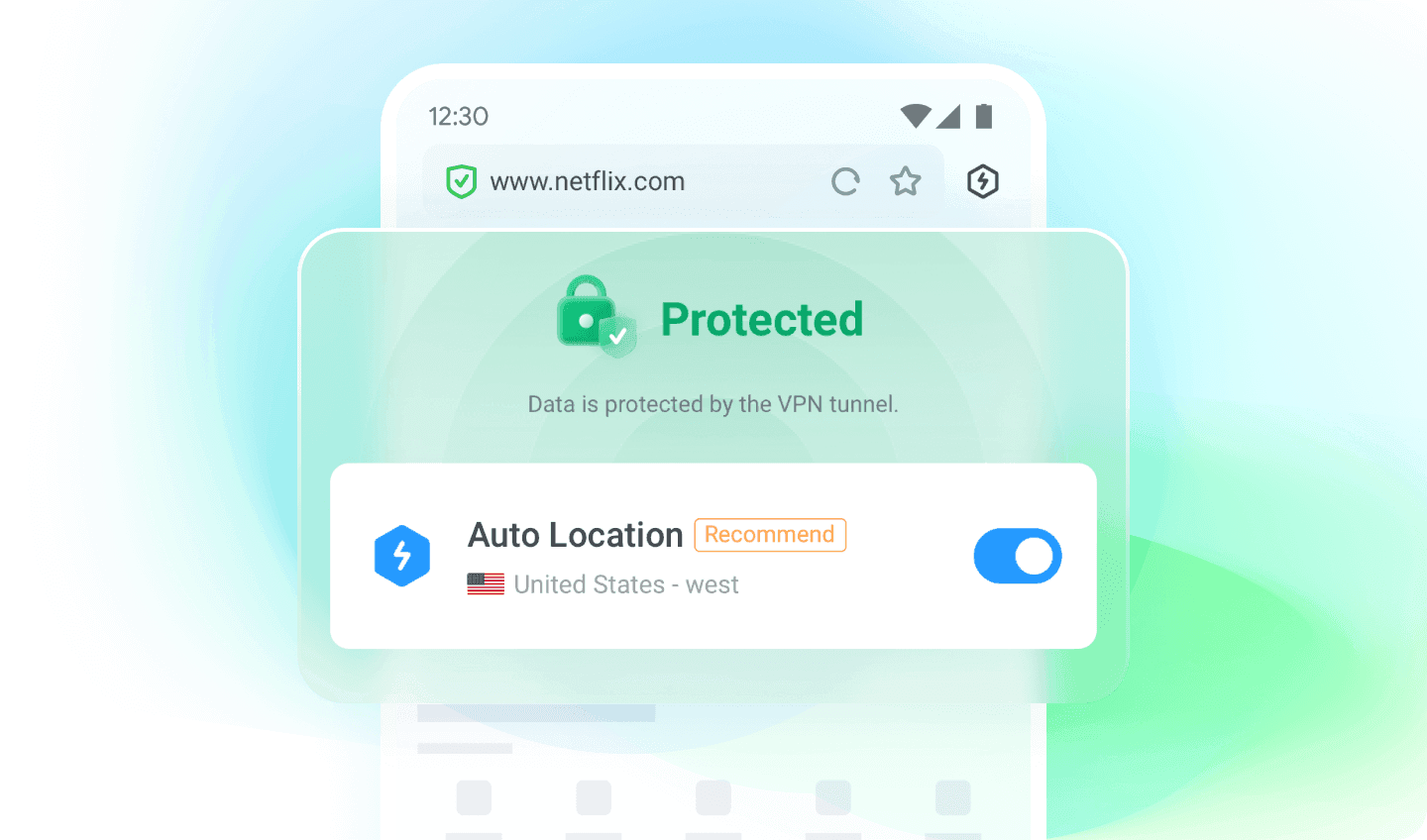An IP address is one of the important things often used when we surf the internet. Every device connected to a network, whether it’s a computer, smartphone, or tablet, must have an IP address as a unique identity to enable communication. Not many people know that there are several different types of IP addresses, and everyone can change their IP address, one way being through VPN services. By changing your IP, you can protect your privacy and increase your security while being active online. In this article, we will thoroughly discuss what an IP address is, its various types, and simple steps to change your IP so your internet activity remains safe and protected.
Part 1: Have you ever wondered what an IP address actually is?
An IP address, or Internet Protocol Address, is a series of unique numbers that serves as the identity of every device connected to a network, whether it’s the internet or a local network. You could say that an IP address is similar to a home address or a mailbox address; its function is to allow devices to “communicate” and exchange data with each other.
You might have heard the term “printer IP”—well, that’s actually different from an internet IP address. Even though they’re both called “IP,” their functions are different.
At first glance, this all seems simple, but it turns out there are many types of IP addresses! There are Public IP addresses, Private IP addresses, Dynamic IPs, Static IPs, and even versions like IPv4 and IPv6. From the outside, they often look similar, so it’s understandable if it gets a bit confusing. However, each type of IP address has its own role and function, which are necessary for a network system to work properly.
Part 2: The Various Types of IP Addresses
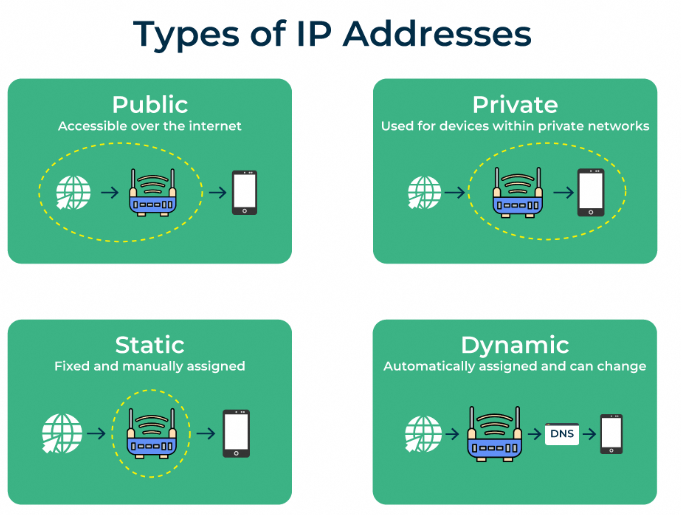
Public IP Address
A public IP address is basically the “home address” that allows your device to connect to the internet and be found by other devices from all over the world. This address is usually provided directly by your internet service provider (ISP) and is shared by all the devices connected to your home Wi-Fi, such as your phone, laptop, or TV. So when you’re browsing, streaming, or downloading, all of those activities appear to come from the same public IP address. Because it serves as your identity on the internet, a public IP can sometimes be used to track your online activities, which is why people often use a VPN to stay safer and keep their privacy protected. In short, a public IP address is very important for internet connectivity, but its security should also be maintained.
Private IP Address
A private IP address is an address used by devices within a local network, such as at home or in the office. If a public IP is like a “home address” on the internet, a private IP is like a “room number” inside the house. So, each device connected to your Wi-Fi—like your laptop, phone, printer, or smart TV—will have its own unique private IP address.
Private IP addresses cannot be accessed directly from outside the network, making them safer for communication between devices within the local environment. For example, if you want to transfer files between your laptop and PC at home, or print from your phone to the printer in the same room, all of that operates through private IPs. Usually, private IPs follow similar number patterns such as 192.168.x.x or 10.x.x.x. Essentially, private IPs are crucial for allowing devices on a local network to connect without interference from the outside world, and they definitely add an extra layer of security.
Dynamic IP Address
A dynamic IP address is a type of IP address that can change every time your device connects to the network or after you restart your router. This means the IP address isn’t fixed; today you might get one number, and tomorrow it could be something else. Usually, dynamic IPs are assigned by your Internet Service Provider (ISP) through a system called DHCP.
Most home users and even small offices use dynamic IP addresses because they’re convenient and there’s no need to set things up manually. Plus, using dynamic IP addresses makes network management easier and more efficient for ISPs, especially when they have to serve many users. However, since the address keeps changing, dynamic IPs are not suitable for things that require a stable connection, like personal web servers or CCTV systems that need to be accessed remotely. In short, dynamic IPs are perfect if you just need the internet for daily use without any special technical requirements.
Static IP Address
A static IP address is an IP address that stays the same and does not change each time your device connects to the network. Unlike dynamic IPs, which can change automatically, static IPs are specifically assigned by your Internet Service Provider (ISP) or set manually on the device. Static IPs are usually used for purposes that require stable and consistent access, such as servers, CCTVs, or devices that need to be accessed remotely.
The main advantage of having a static IP is that it’s easy to find and access anytime from anywhere, since the address always remains the same. So if you run an online business, host your own server, or need remote access to your home or office network, a static IP is very helpful. However, keep in mind that because its address never changes, you need to pay extra attention to security to prevent your IP from being easily tracked or misused by others.
Part 3: Can Your IP Address Change?
Many people are curious: can the IP address we use on the internet actually change? The answer is simple: absolutely! Whether your IP address changes depends on the network you’re using and how your device connects to the internet. For example, if you were using your home Wi-Fi and then switch to a mobile network, your IP address will usually change too, since each network gets its IP allocation from the operator or ISP.
Besides that, some internet providers (ISPs) use a dynamic IP system, so your public IP address can automatically change every time you restart your router or after a certain period of time, often without you even noticing. If you really want to change your IP address on purpose, the easiest way is to use a VPN. With a VPN, you can choose a server from another country or location, and your IP address will instantly change to match the server you picked. Easy, right?
Part 4: How Do You Change Your IP Address with a VPN?
Step 1: Install UC Browser
For greater safety and convenience, it’s best to download UC Browser directly from the official app store on your device. That way, you don’t have to worry about security or the authenticity of the app.
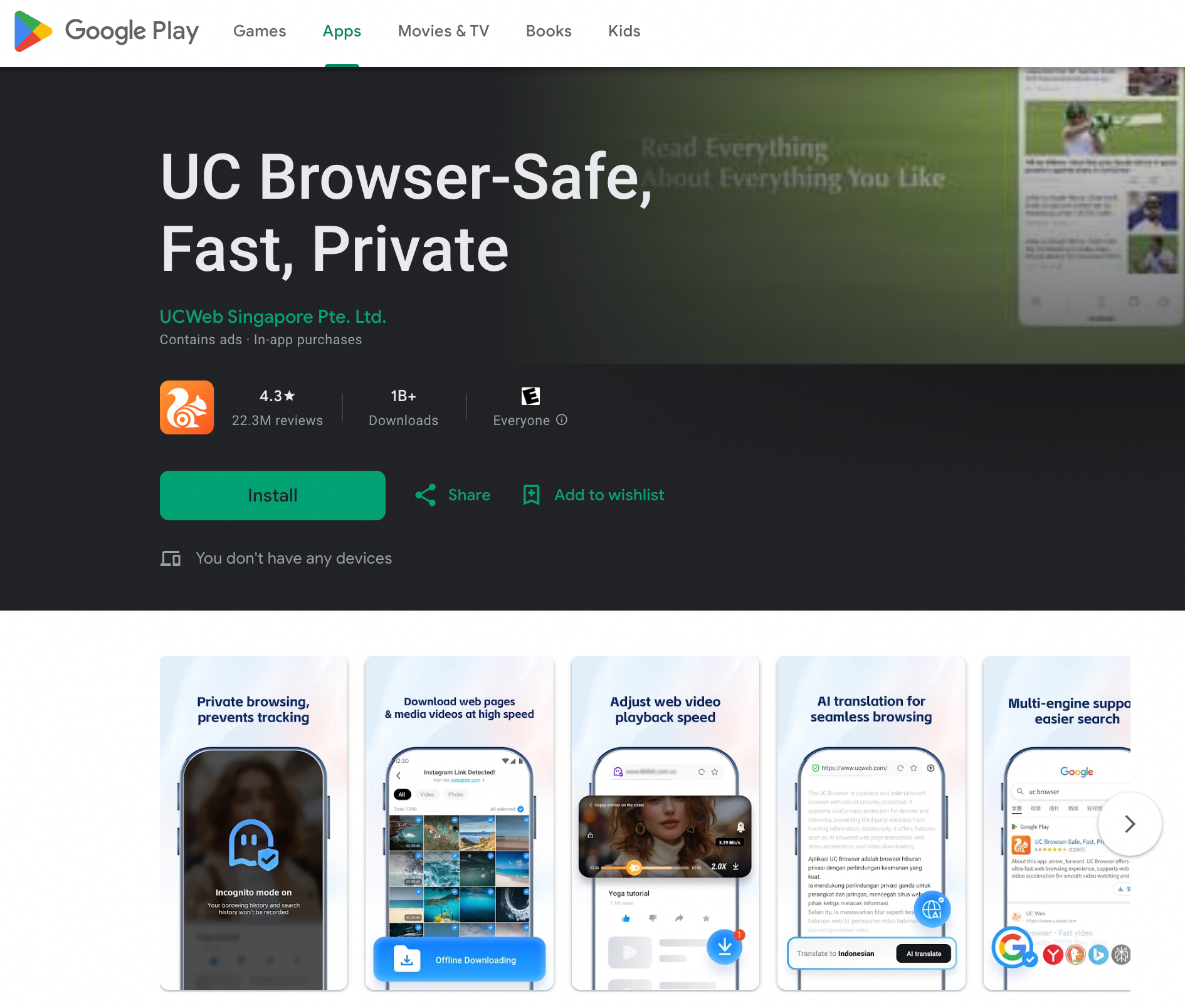
Step 2: Enable the VPN in Settings
Open UC Browser → Go to Settings → Enable VPN
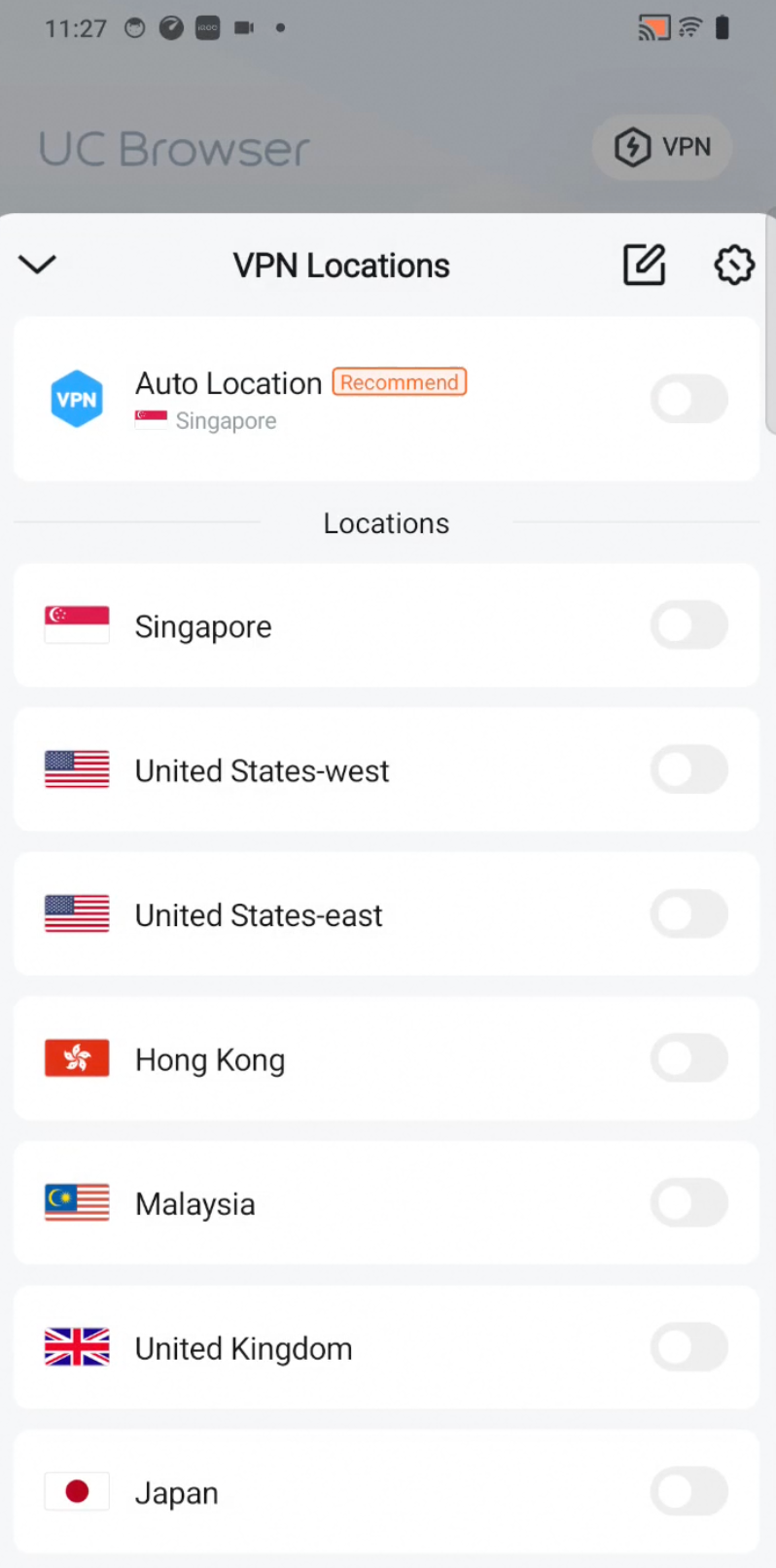
Step 3: Check Your IP Address
Once the VPN is successfully connected, your IP address will change according to the server location you selected. You can check if your IP has changed by visiting a site like whatismyip.com.
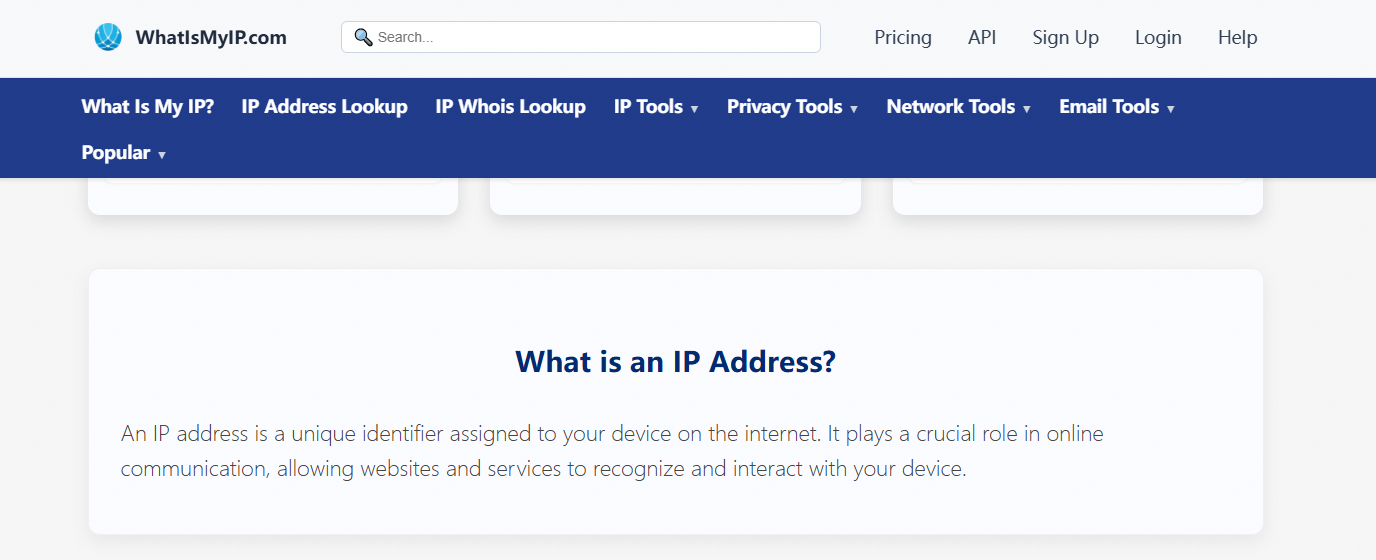
Conclusion
An IP, or Internet Protocol address, is a unique identifier assigned to every device connected to the internet, allowing these devices to be recognized and communicate within a network. Generally, there are two types of IPs that are commonly used: public IPs and private IPs. A public IP address is used to identify a device on the internet, while a private IP address is used within local networks, such as at home or in the office.
In some situations, your IP address may change—for example, when you switch from a Wi-Fi network to mobile data or if you restart your router. Additionally, if you want to deliberately change your IP address to alter your virtual location or for privacy reasons, you can use a VPN. With a VPN, your IP address will match the location of the server you choose, making your online identity more protected and your internet activity more secure.





